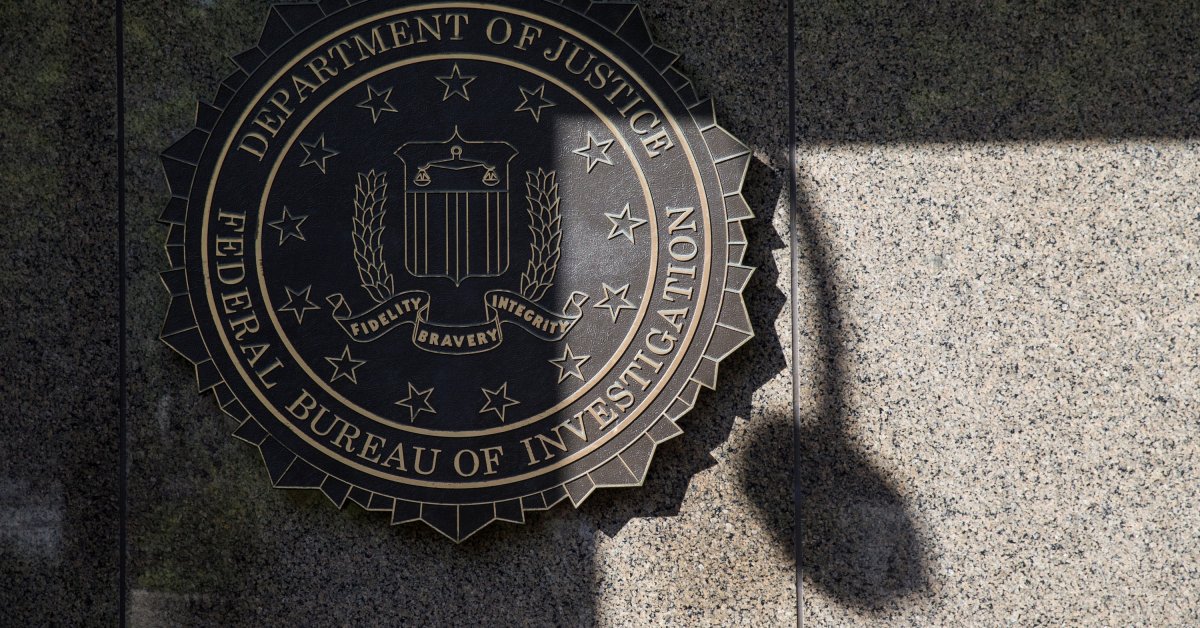I'm becoming increasingly alarmed that this election will be decided by hackers. Seem farfetched?
Remember that hackers only have to penetrate the voting machines in a couple of swing states. And then they only have to manipulate the results of a few counties within those states. That means the number of target systems to attack in order to change the entire outcome of the election is shockingly small.
I'm not entirely convinced that it didn't happen 4 years ago.
Remember that hackers only have to penetrate the voting machines in a couple of swing states. And then they only have to manipulate the results of a few counties within those states. That means the number of target systems to attack in order to change the entire outcome of the election is shockingly small.
I'm not entirely convinced that it didn't happen 4 years ago.




Comment